Sociologists tend to argue that caste is an extreme form of social stratification where the individual’s social position is fixed at birth and cannot be changed. But why this should be so is usually left mysteriously vague. Anthropologists tend to explain caste in terms of indigenous ideas – in particular those which relate to concepts of purity and impurity and the relation between religious status and political power. Drawing on a wide range of sources as well as four years’ fieldwork, Quigley argues that neither of these approaches makes adequate sense of the historical and ethnographic evidence, and proposes a comparative approach which looks at caste in terms of complex agrarian societies generally. Caste, he argues, is the result of a tension between opposing forces. On the one hand there is a push towards centralization which is seen most clearly in royal rituals and dominant caste institutions which are the legacy of pre-colonial kingship. Against this there is a pull towards decentralization which is manifested in the continued power which kinship groups exert over their members at the expense of other forms of association. A masterly critique of the most commonly held theories of caste, this book is essential reading for sociologists, anthropologists, political scientists, and all others interested in caste.
Contested Hierarchies
$16.20
$18.00

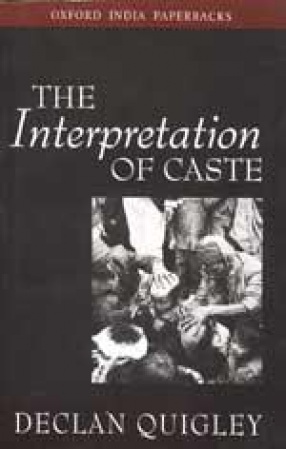
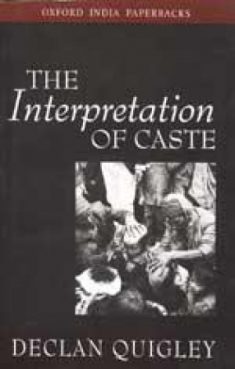
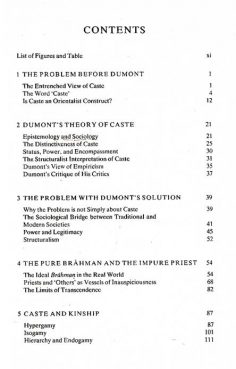
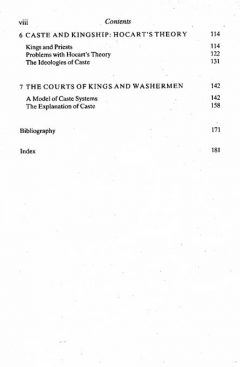
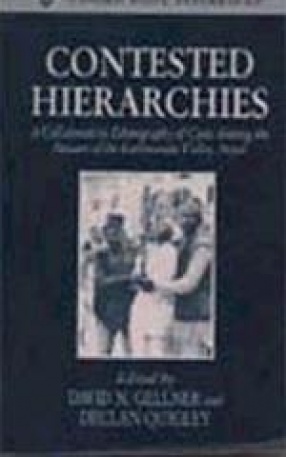

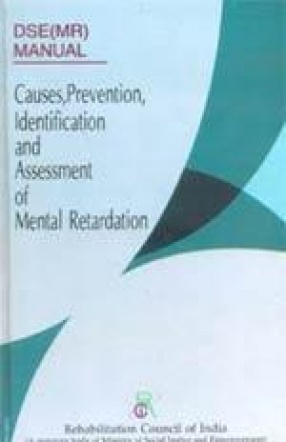
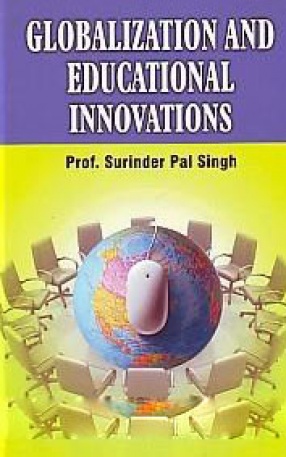
There are no reviews yet.